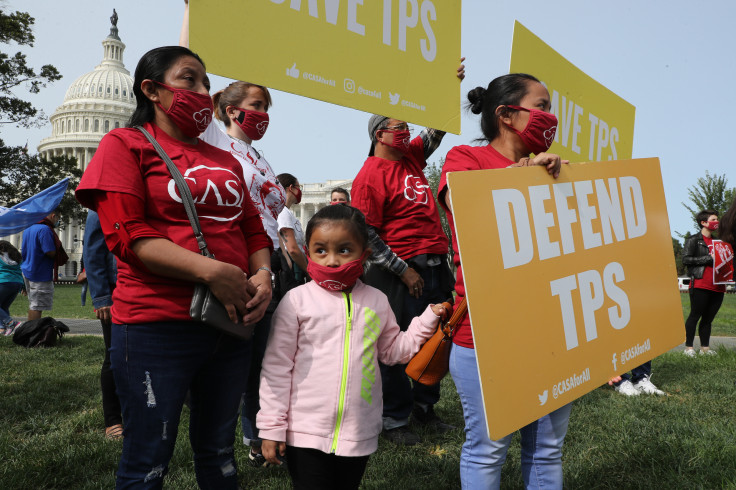
The Trump administration's decision to end Temporary Protected Status (TPS) for Venezuelans has triggered criticism from legal experts. With approximately 350,000 nationals from the South American country at risk of deportation once the protection expires in April and more later in the year, a new report concluded the termination of the program was arbitrary and politically motivated, ignoring that conditions in Venezuela have not improved to justify the decision.
The report, published by the National Foundation for American Policy (NFAP), described the termination of TPS as unlawful and motivated by the Trump administration's goal to carry out mass deportations.
On January 10, 2025, then-Secretary of Homeland Security Alejandro Mayorkas extended TPS for Venezuelans for 18 months, citing worsening economic and human rights conditions in Venezuela. Less than one month later Homeland Security Secretary Kristi Noem vacated that decision and terminated TPS for those reached by the decision. Hundreds of thousands more could face the same fate when their protections end later this year.
The Federal Register notice justifying the termination mentioned "notable improvements" in Venezuela's economy, public health, and crime, yet failed to provide supporting evidence, per the NFAP report.
"Homeland Security Secretary Kristi Noem did not cite a single source for the conclusion that there are 'notable improvements in several areas' in Venezuela. That contradicted the assessment DHS delivered two weeks earlier under Secretary Mayorkas, which cited 52 sources to support its conclusion that conditions in Venezuela warranted a continuation of TPS."
American civil rights and immigration lawyer Ira Kurzban described the move as "unlawful," arguing that Noem lacked "good cause" to revoke Mayorkas's extension. While Noem cited the Venezuelan gang Tren de Aragua as a national security threat justifying the termination of TPS, Kurzban countered that the DHS already denies TPS applications to individuals with criminal records.
Additionally, the report details a political motivation behind the termination:
"A key motivation for terminating TPS for Venezuelans was it would provide approximately 350,000 more potential deportees to drive up the numbers of the Trump mass deportation plan. Officials hope these individuals with known addresses will be easy to add to the deportation tally."
The report further claims that Trump officials negotiated with Venezuela's authoritarian President Nicolás Maduro to accept mass deportations in exchange for economic incentives.
Jacob Hamburger, a Cornell Law School professor cited by the NFAP, explained that courts previously ruled against politically motivated TPS terminations, referencing the 2019 case Saget v. Trump in which a district court found that the Trump administration's termination of TPS for Haiti was likely unlawful and granted a nationwide injunction.
Hamburger believes a court could make a similar determination if the Venezuela termination is challenged.
© 2025 Latin Times. All rights reserved. Do not reproduce without permission.





